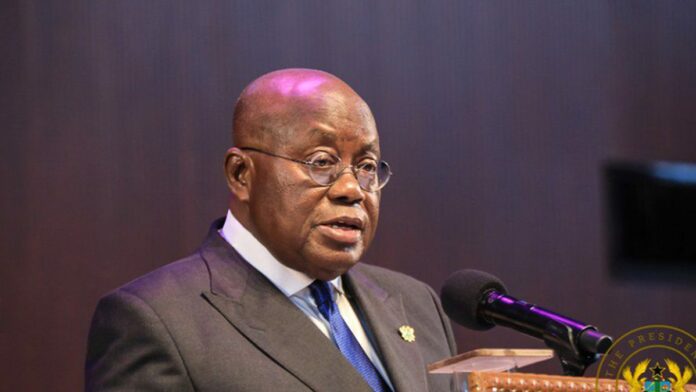Ghana’s Democratic Dilemma: Demonstrations, poverty, corruption and the Akufo-Addo’s Dictatorship
By Lord Fiifi Quayle
- Advertisement -
“If Ghana is to continue being a reference point for the hope of democracy in Africa then Ghana must get it right and must be bold enough to correct and set things right.” This quote from the Danquah Institute serves as a poignant reminder of the responsibility that lies with Ghana’s leaders as the nation marks 31 years of it’s Fourth Republic. This feat, which should be a celebration of democratic resilience, instead highlights a troubling reality: the directive principles of state policy that once galvanized the nation are now increasingly under threat.
From the 21-23 September 2024, some Ghanaian youth took to the streets to protest against the degradation of the nation’s natural resources and water bodies (stop galamsey). Yet, instead of being lauded for their civic engagement, 39 of these young activists found themselves remanded in custody, facing the heavy hand of a government that seems more interested in silencing dissent than addressing the legitimate concerns of its citizens. This is a stark departure from the democratic ideals that leaders like Nana Akufo-Addo, Charles Wireko Brobbey, and Abdul Malik Kweku Baako once championed.
- Advertisement -
The irony is inescapable. Figures who once stood against the oppressive regimes of the past, who rallied against the Value Added Tax and the suffusive corruption of the Rawlings era, now occupy positions of power and influence. They have traded their youthful idealism for a comfortable complicity, allowing the very structures they once opposed to flourish unchecked. Their betrayal is not only a personal one but a collective failure that threatens to undermine the democratic fabric of the nation.
- Advertisement -
The tragic deaths of 14-year-old Ahunu Hongar, 17-year-old Jerry Opey, 23-year-old Kwabena Asante, and 43-year-old Richard Awungar during the Kumi Preko demonstration should have served as a wake-up call. Instead, the government’s response has been one of indifference, dismissing the pain and anger of a generation that feels increasingly marginalized and disenfranchised. As the current government turns a blind eye to the lessons of the past, it risks a repeat of the same mistakes that led to the rise of military rule in the first place.
Yet, there is a flicker of hope. A new generation of Ghanaian youth is rising, emboldened by the struggles of their foregathers. They are not seeking to perpetuate a cycle of dysfunctional party polarization but to forge a democracy that delivers tangible benefits for all. This is a democracy that must prioritize the strengthening of institutions, respect for the judiciary and legislature, and a renewed commitment to transparency and accountability.
- Advertisement -
As Ghana stands at this critical juncture, it is important for leaders to reflect on their roles in shaping the future of the nation. The time is now for bold action and genuine engagement with the youth—those who are not only the leaders of tomorrow but the catalysts for change today. If Ghana is to reclaim its status as a beacon of democracy in Africa, it must rise to the occasion and ensure that the toils of our forefathers are honored through meaningful action and reform.
In the words of the Danquah Institute, Ghana must get it right. The path forward requires courage, introspection, and a steadfast commitment to the principles that underpin a truly democratic society. Only then can the nation restore the hope that its youth have lost, and reclaim its rightful place as a model of democratic governance on the continent.
GHANA MUST RISE AGAIN
Source: Elvisanokyenews.com
- Advertisement -


